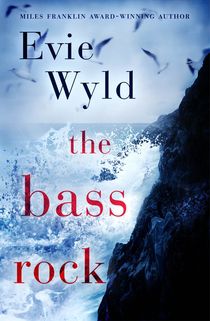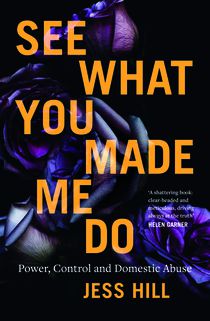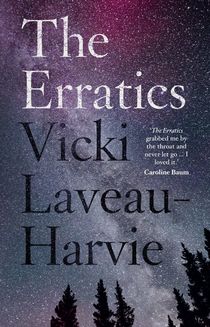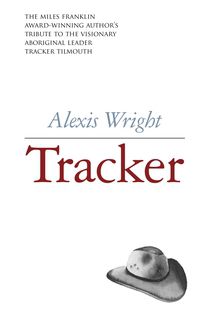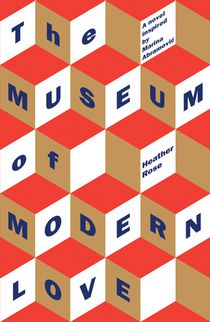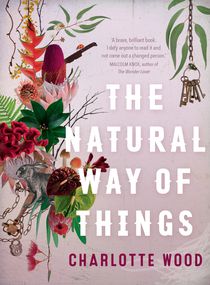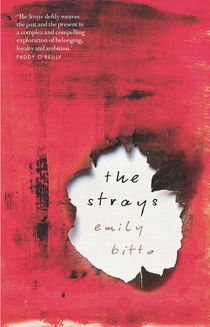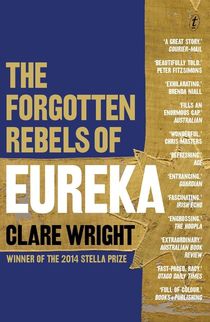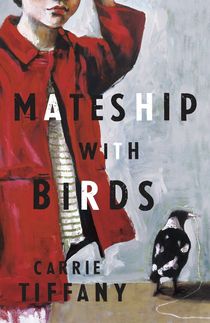Dreams of the Stella Prize emerged in early 2011 out of a panel held at Readings on International Women’s Day. Now in its tenth year, the Stella Prize has become an indispensable part of Australia’s literary culture, driving book sales, sparking book clubs, and championing the careers of women and non-binary writers.
To celebrate, we’re offering 20% off each past winner of the Stella. We’re also hosting an event to discuss all things Stella on Thursday 7 October. Find out more about the event here or browse past winners below.
2021 — The Bass Rock by Evie Wyld
In 1720s Scotland, a priest and his son get lost in the forest, transporting a witch to the coast to stop her from being killed by the village. In the sad, slow years after the Second World War, Ruth finds herself the replacement wife to a recent widower and stepmother to his two young boys, installed in a huge house by the sea and haunted by those who have come before. Fifty years later, Viv is cataloguing the valuables left in her dead grandmother’s seaside home, when she uncovers long-held secrets of the great house.
Three women, hundreds of years apart, slip into each other’s lives in a novel of darkness, violence and madness.
2020 — See What You Made Me Do by Jess Hill
Domestic abuse is a national emergency: one in four Australian women has experienced violence from a man she was intimate with. But too often we ask the wrong question: why didn’t she leave? We should be asking: why did he do it?
Investigative journalist Jess Hill puts perpetrators - and the systems that enable them - in the spotlight. See What You Made Me Do is a deep dive into the abuse so many women and children experience - abuse that is often reinforced by the justice system they trust to protect them. Critically, it shows that we can drastically reduce domestic violence - not in generations to come, but today.
2019 — The Erratics by Vicki Laveau-Harvie
This is a memoir about a dysfunctional family, about a mother and her daughters. But make no mistake. This is like no mother-daughter relationship you know.
When Vicki Laveau-Harvie’s elderly mother is hospitalised unexpectedly, Vicki and her sister travel to their parents’ isolated ranch home in Alberta, Canada, to help their father. Estranged from their parents for many years, Vicki and her sister are horrified by what they discover on their arrival. For years, Vicki’s mother has camouflaged her manic delusions and savage unpredictability, and over the decades she has managed to shut herself and her husband away from the outside world, systematically starving him and making him a virtual prisoner in his own home. Vicki and her sister have a lot to do, in very little time, to save their father.
2018 — Tracker by Alexis Wright
The legendary Indigenous activist ‘Tracker’ Tilmouth died in Darwin in 2015. Taken from his family as a child and brought up on a mission on Croker Island, he returned home to transform the world of Aboriginal politics. He worked tirelessly for Aboriginal self-determination, creating opportunities for land use and economic development in his many roles, including Director of the Central Land Council. He was a visionary and a projector of ideas, renowned for his irreverent humour and his colourful anecdotes.
The memoir was composed by Wright from interviews with Tracker before he died, as well as with his family, friends and colleagues, weaving his and their stories together into a book that is as much a tribute to the role played by storytelling in contemporary Aboriginal life as it is to the legacy of a remarkable man.
2017 — The Museum of Modern Love by Heather Rose
Arky Levin is a film composer in New York separated from his wife, who has asked him to keep one devastating promise. One day he finds his way to The Atrium at MOMA and sees Marina Abramovic in The Artist is Present. The performance continues for seventy-five days and, as it unfolds, so does Arky. As he watches and meets other people drawn to the exhibit, he slowly starts to understand what might be missing in his life and what he must do.
This dazzlingly original novel asks beguiling questions about the nature of art, life and love and finds a way to answer them.
2016 — The Natural Way of Things by Charlotte Wood
Two women awaken from a drugged sleep to find themselves imprisoned in an abandoned property in the middle of a desert in a story of two friends, sisterly love and courage - a gripping, starkly imaginative exploration of contemporary misogyny and corporate control, and of what it means to hunt and be hunted.
With extraordinary echoes of The Handmaid’s Tale and Lord of the Flies, The Natural Way of Things is a compulsively readable, scarifying and deeply moving contemporary novel. It confirms Charlotte Wood’s position as one of our most thoughtful, provocative and fearless truth-tellers, as she unflinchingly reveals us and our world to ourselves.
2015 — The Strays by Emily Bitto
On her first day of school, Lily Struthers meets Eva, one of the daughters of the infamous avant-garde artist Evan Trentham. He and his wife are attempting to escape the stifling conservatism of 1930s Australia by inviting other like-minded artists to live and work with them at their family home. As Lily’s friendship with Eva grows, she becomes infatuated with this artist colony, longing to truly belong to this makeshift family.
Looking back on those years later in life, Lily realises that this utopian circle involved the same themes as Evan Trentham’s art: Faustian bargains and terrible recompense; spectacular fortunes and falls from grace. Yet it was not Evan, nor the other artists he gathered around him, but his own daughters, who paid the debt that was owing.
2014 — The Forgotten Rebels of Eureka by Clare Wright
It’s one of Australia’s foundation legends-yet the story has always been told as if half the participants weren’t there. But what if the hot-tempered, free-spirited gold miners we learned about at school were actually husbands and fathers, brothers and sons? What if there were women and children right there beside them, inside the Stockade, when the bullets started to fly? And how do the answers to these questions change what we thought we knew about the so-called ‘birth of Australian democracy’?
Who, in fact, were the midwives to that precious delivery?
2013 — Mateship with Birds by Carrie Tiffany
On the outskirts of an Australian country town in the 1950s, a lonely farmer trains his binoculars on a family of kookaburras that roost in a tree near his house. Harry observes the kookaburras through a year of feast, famine, birth, death, war, romance and song. As Harry watches the birds, his next door neighbour has her own set of binoculars trained on him. Ardent, hard-working Betty has escaped to the country with her two fatherless children. Betty is pleased that her son, Michael, wants to spend time with the gentle farmer next door. But when Harry decides to teach Michael about the opposite sex, perilous boundaries are crossed.


